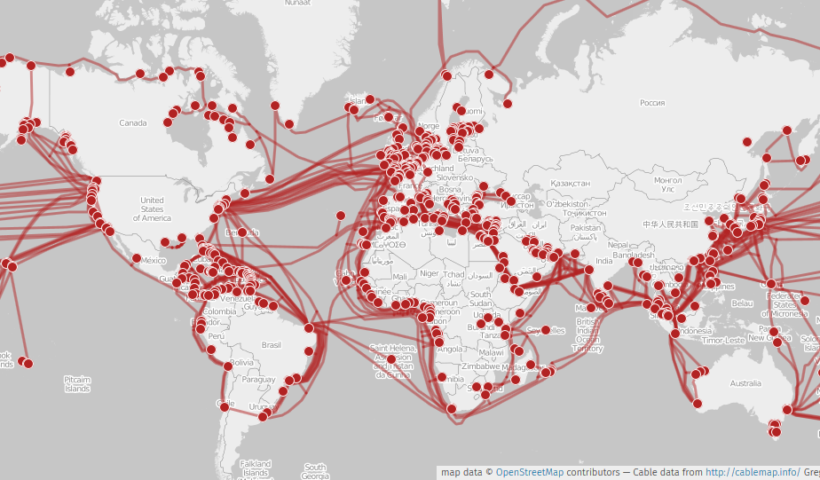(a) Submarine Cables and Pipelines With respect to the freedom of use on the continental shelf, Article 79(1) stipulates that all States are entitled to lay submarine cables and pipelines on the continental shelf.
In practice, submarine cables are divided into two main categories: submarine power cables used to transmit electricity, and submarine communication cables used to transmit data communications traffic. At present, the overwhelming majority of the world’s international telecommunication relies on submarine fibre-optic cables, and submarine telecommunication cables have become a critical global communications infrastructure. The oil and gas pipeline is also of crucial importance as a reliable means of energy transport.
Freedoms of Third States on the continental shelf of other states based on the law of the sea and customary international law, continental shelf, EEZ, High seas, LOSC, marine pollution, Pipelines, Submarine Cables, Superjacent Waters

